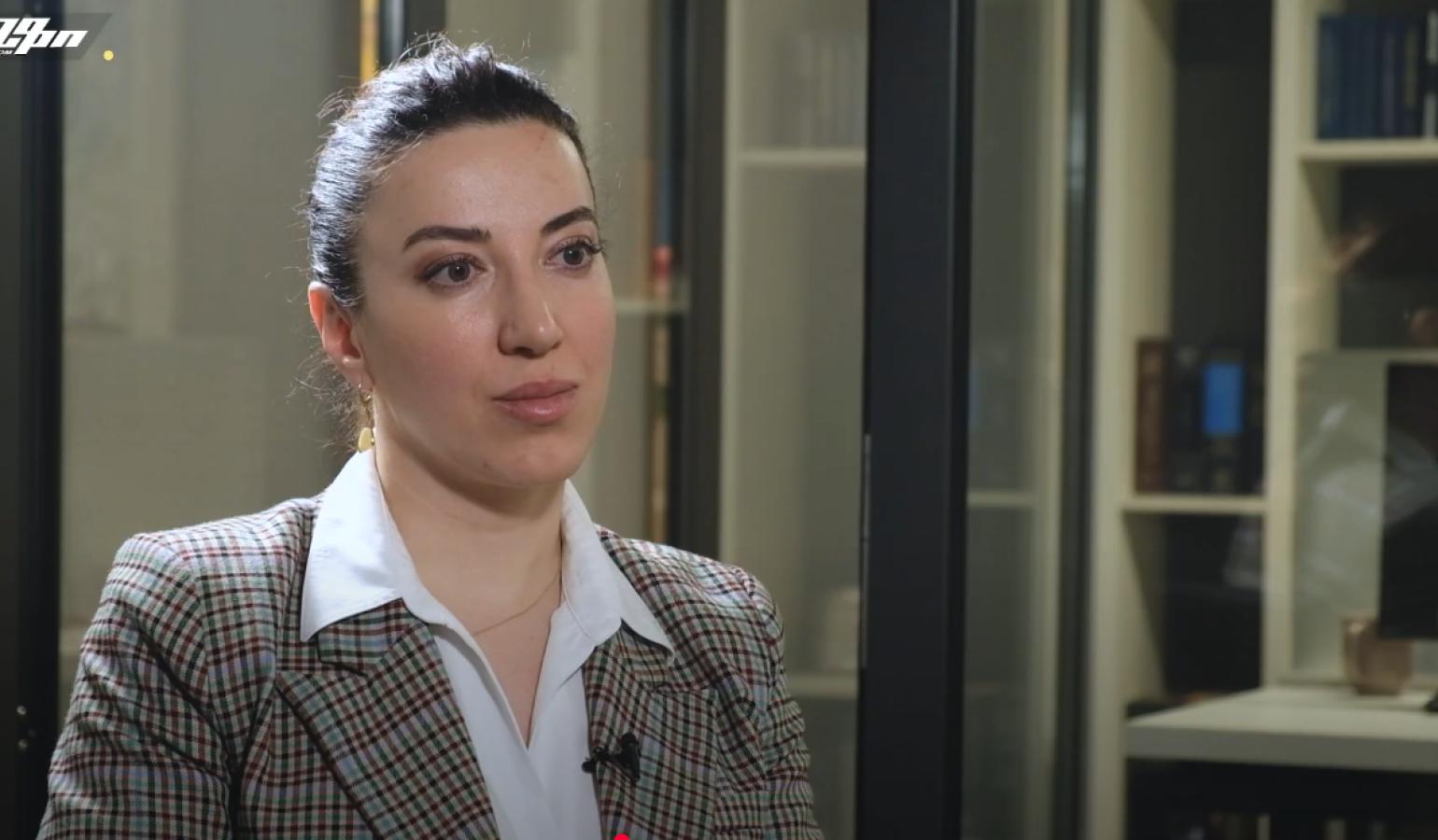
The direct dialogue that began between Armenia and Azerbaijan after the 44-day war, aimed at establishing peace, is now facing serious challenges. At the end of 2024, Armenian Prime Minister Nikol Pashinyan’s statement—declaring Armenia’s readiness to withdraw its interstate complaints and legal cases against Azerbaijan if genuine peace is achievable—sparked intense debate.
Siranush Sahakyan, head of the Center for International and Comparative Law, spoke to Infocom about the legal implications of the ongoing peace negotiations.
According to Sahakyan, the potential withdrawal from legal action by Armenia is mostly a political move. “The clearest sign of this is that the clause about dropping the lawsuits appears in the draft peace agreement, which is being used to try and resolve the political issues on the Armenia-Azerbaijan agenda,” she explained. “The signing of this agreement is meant to bring an end to legal proceedings that were intended to ensure justice and restore the rights of Armenian victims. We’re deeply concerned that these terms, like other clauses in the agreement, appear to be dictated by the Azerbaijani authorities.”
She emphasized that peace deals cannot be one-sided and must not contradict the principles of justice. “Any such agreement has to be validated by courts, which means the principle of fairness still applies—even in friendly settlements,” she said. “But in this case, what we’re seeing isn’t reconciliation through legal means or amicable dispute resolution. Instead, both sides are abandoning the legal process altogether and shifting everything to the political stage—where rules are vague, human rights are often overlooked, and victims are left without guarantees of justice.”
Sahakyan called it unacceptable for the Armenian state to walk away from the process after investing massive resources into gathering evidence. “By ratifying international conventions, Armenia committed itself to protecting the rights of its citizens. Dropping these cases could open the door to questions about Armenia’s international obligations.”
Meanwhile, human rights advocates from Artsakh (Nagorno-Karabakh) have announced that a group of displaced residents are preparing to file individual complaints against both Azerbaijan and Armenia—citing the failure to ensure their right to effective legal protection. Sahakyan warned that this could have serious psychological and legal consequences for Armenia, damaging the relationship between citizens and the state, and weakening the country’s diplomatic standing.
“There’s no civilized way to resolve disputes other than through legal mechanisms. And it’s the absence of such mechanisms that leads to war and justifies the use of force,” she added.
Pashinyan also mentioned that not only might Armenia drop existing cases, but that it’s also considering a future ban on filing any new cases related to the same issues. So, if new incidents were to occur, would Armenia still be able to appeal to the European Court of Human Rights? Or would this ban apply to future cases as well?
Sahakyan believes that the state would be expected to drop disputes related to current matters, but new incidents wouldn’t necessarily fall under that agreement. “It really depends on how precisely the clause is written. The withdrawal could be considered reasonable if Armenia proposed an alternative mechanism for restoring the rights of victims. For example, if Armenia and Azerbaijan agreed to set up a joint commission to review violations committed against Armenians and Azerbaijanis, and to offer remedies. But no such mechanisms have even been discussed. As it stands, both governments seem indifferent to the harm their actions have caused.”
Given the continued border tensions and Azerbaijan’s ongoing territorial ambitions, Sahakyan doesn’t believe a peace deal can be signed or upheld in the current environment. “Azerbaijan isn’t ready for peace—not in any meaningful way. Peace isn’t just a document; it requires the will of societies to make it work. Azerbaijan’s rhetoric—like their use of the term ‘Western Azerbaijan’ and the dehumanizing attitude toward Armenians—shows that their society isn’t prepared for peace. Even the trials of Armenian detainees are being used to fuel ethnic hatred. Under these conditions, it’s impossible for the Armenian public to trust in this so-called peace process,” she concluded.